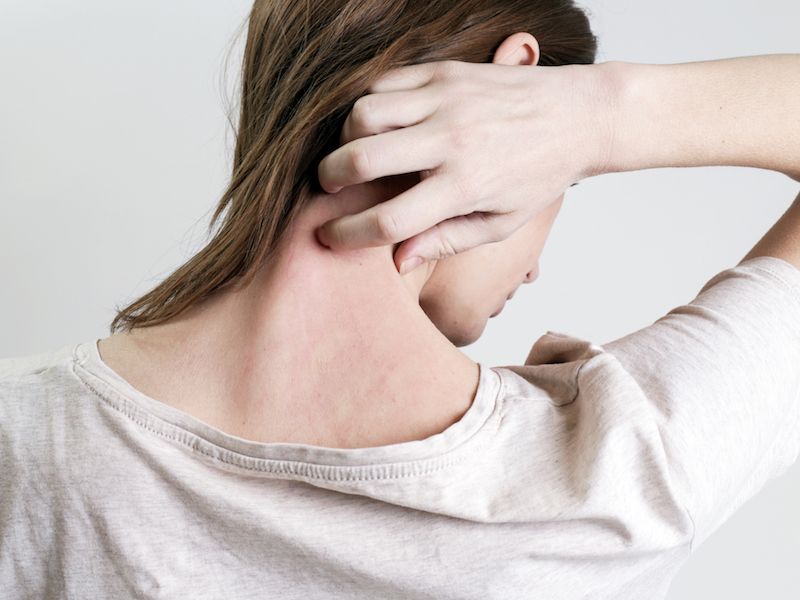
The word psoriasis commonly conjures up recollections of people with skin trouble like the ones on all those advertisements. Psoriasis affects your overall health and not only your skin. Psoriasis is commonly misunderstood and minimized, due to a lack of knowledge of how psoriasis impacts sufferers as well as the serious conditions that can be related to this disorder. Though plaques on the skin are its most obvious sign, they’re indicative of what psoriasis can do in the whole body: The risk of metabolic disorders that are increased by persistent inflammation and cardiovascular disease.
New research reinforces the body of research connecting another serious issue to psoriasis: Hearing loss. Published in The Journal of Rheumatology, The relationship between mental health, hearing impairment, and psoriatic arthritis were evaluated in this study. Psoriatic arthritis has an impact on the joints, and is a type of psoriasis, causing inflammation, soreness, and difficulty with movement. Afflicted individuals could also have psoriasis, but with psoriatic arthritis, it’s possible to have swelling without also having the tell-tale plaques.
With psoriatic arthritis, the body is essentially attacking its own healthy tissue like it does with rheumatoid arthritis because they are all autoimmune diseases. But unlike rheumatoid arthritis, you could have psoriatic arthritis on only one knee due to the fact that it’s asymmetrical, and it doesn’t only target joints but contributes to painfully swollen fingers and toes while it targets sufferer’s nails and eyes.
Based on the findings of this recent study, hearing may also be affected by psoriatic arthritis. A significant control group of people with neither psoriasis or psoriatic arthritis were contrasted against people who had one or the other problem. They found that hearing impairment was more likely to be documented by the group that suffered from psoriasis, and audiometric screening backed up the self-reports. Even when other risk considerations are taken into consideration, psoriatic arthritis sufferers were significantly more prone to suffer from hearing loss than either {psoriasis sufferers or the control group}.
But there is an evident link between psoriasis, psoriatic arthritis and loss of hearing. A 2015 study discovered that there is a significantly higher danger, for people who have psoriasis, of getting sudden sensorineural hearing loss, or sudden deafness. The ability to hear decreases notably over three days or less with sudden sensoroneural hearing loss. There are numerous potential causes for this, but researchers hypothesize that individuals with psoriasis are in greater danger due to the type of fast inflammation that happens during a flare-up of psoriasis symptoms. If this happens in or around the cochlea, it could impede hearing. This type of hearing loss, in many circumstances, can be helped by treatments that relieve psoriasis., but hearing aids are often recommended when other treatments don’t seem to be working.
If you suffer from psoriatic arthritis or psoriasis, it’s important to observe your hearing. Schedule your yearly healthcare appointment along with normal hearing exams. Disease related to inflammation can lead to inner ear damage, which can result in loss of balance and psoriatic arthritis. psoriatic arthritis and psoriasis are both also connected with depression and anxiety, both of which can be additionally exacerbated by hearing loss. Loss of hearing is a condition you want to catch sooner rather than later because neglected loss of hearing can result in other health issues including dementia.
Recognition is key, and working with your doctors and regularly getting your hearing examined can assist you in keeping in front of symptoms with early intervention. Neither hearing loss nor psoriasis should influence you to compromise your standard of living, and all the difference is having the correct team by your side.